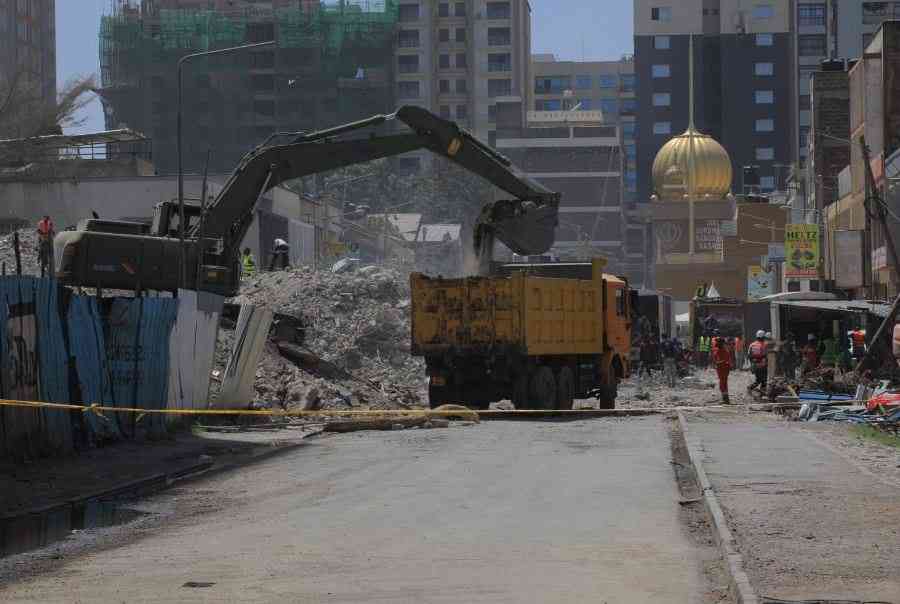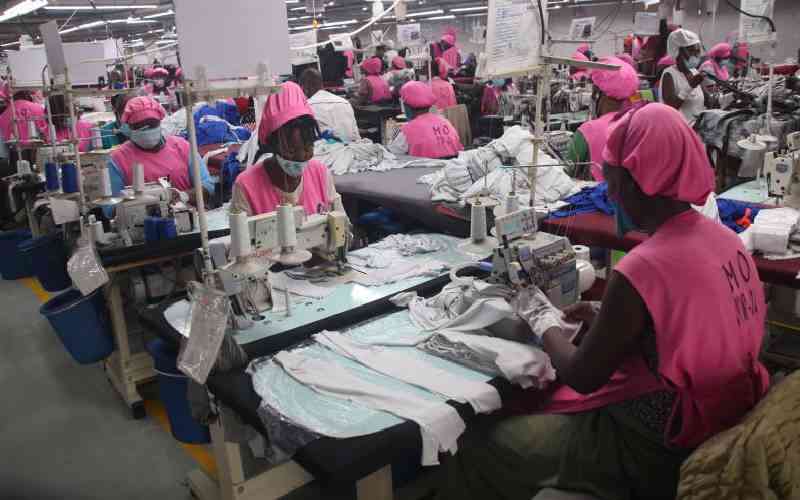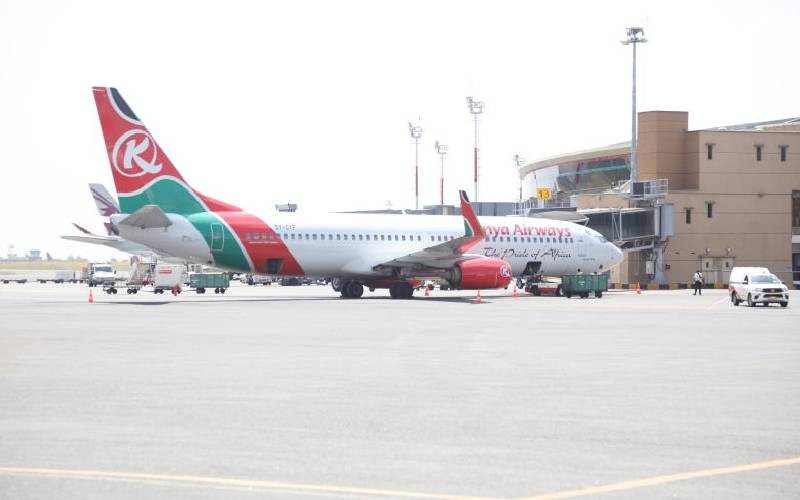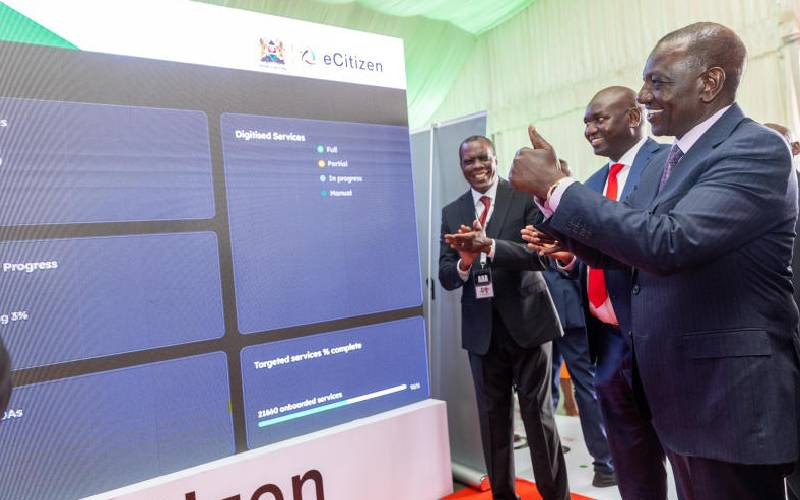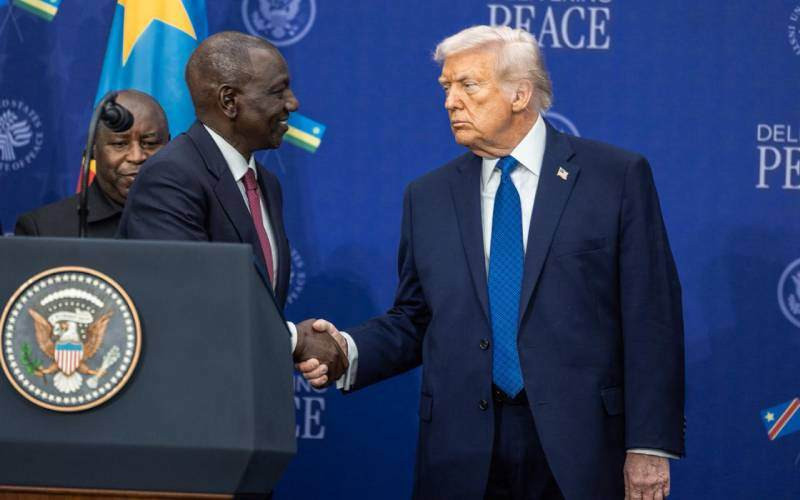×
The Standard e-Paper
Home To Bold Columnists
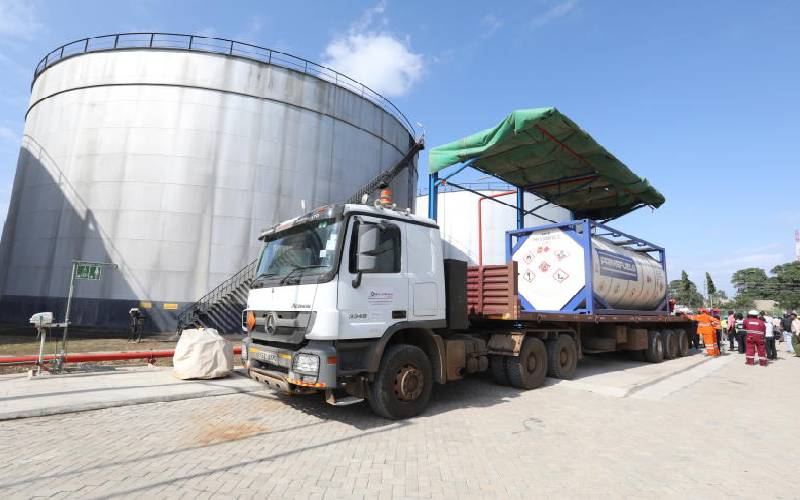
A sharp rise in the price of oil in the global market over the last three years has helped the Government cut losses it would have incurred in implementing the Early Oil Pilot Scheme.
While the State has been clear that the pilot is an experiment that would be loss-making, the price of oil has gone up since the pilot was initially announced in 2016 when a barrel of Brent Crude Oil was Sh4,500 ($45) and today when the price is well above Sh6,000.


